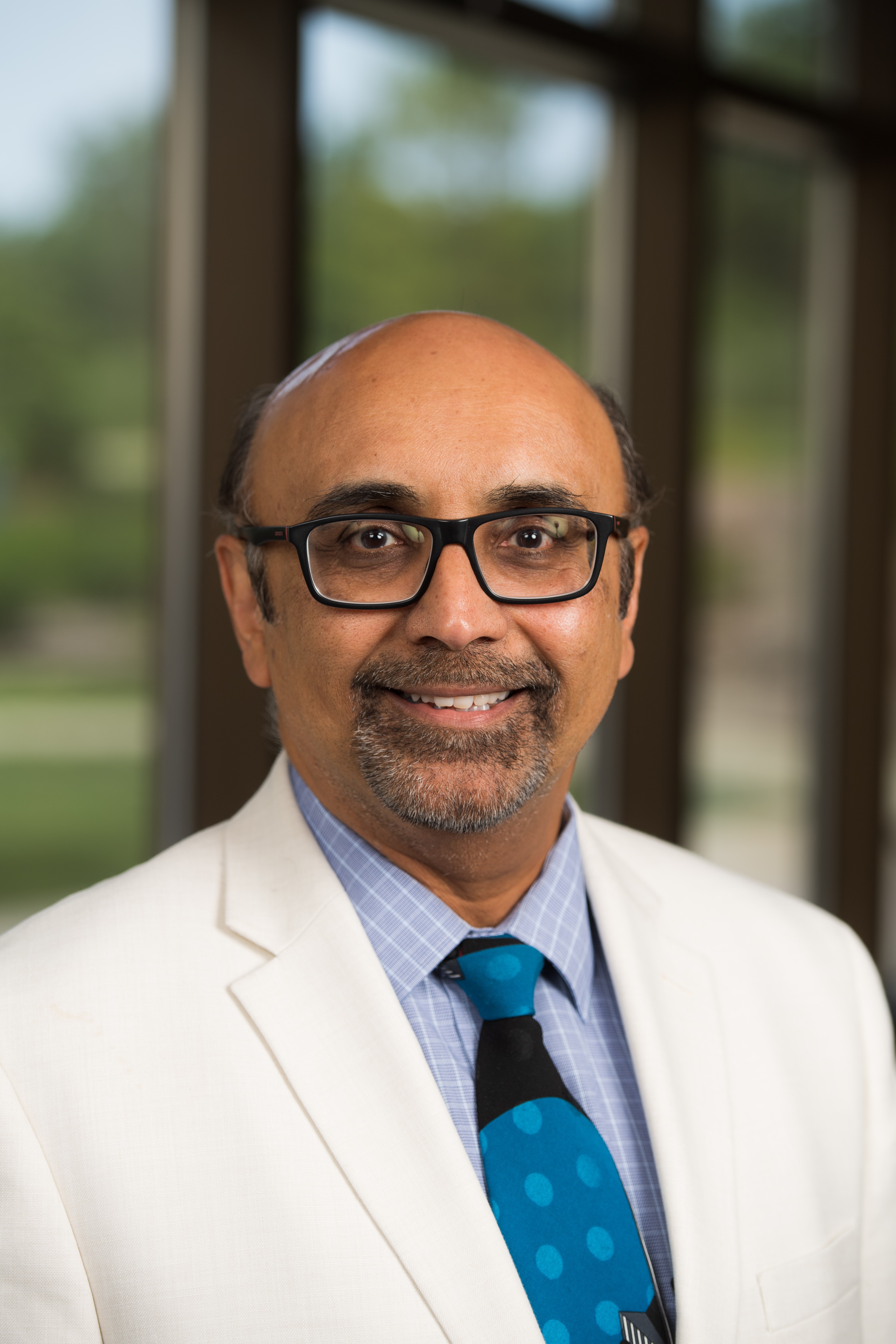Link to the original article in Nature.
[...]
Tips for supporting one another
[...]
• Get out of the office. Sagar Parikh, a psychiatrist at the University of Michigan in Ann Arbor who studies workplace depression, says that academics tend to align their personal identities with their profession. But, he says, “having a life outside of your job is absolutely the bedrock of any kind of success”.
[...]
Even landing tenure and the job security it provides doesn’t necessarily guarantee a smooth ride. Decades into a faculty position, determining what success looks like becomes more nebulous, and researchers can feel irrelevant when their field’s inclination is to embrace what is ‘new’, says Sagar Parikh, a psychiatrist at the University of Michigan in Ann Arbor who studies workplace depression. Furthermore, senior researchers might lack advancement opportunities, which “can easily lead to despair and an exaggerated sense of loss”, he says. To keep things fresh, Parikh moved to Michigan’s medical school after working for two decades at the University of Toronto in Canada, to give himself “a new challenge and new sense of meaning”. However, he adds, universities can — and should — work harder to address their staff’s health and well-being across all career stages. For example, departments might create positions or challenges for late-career investigators that leverage their experience or provide them with ongoing professional development.
Mental-health momentum
Despite these challenges, many researchers say that they don’t think academia is inherently incompatible with long-term happiness. The motivation to address faculty mental health is also gaining momentum as more people eschew stigma and speak out, drawing the attention of senior managers at their institutions. Indeed, a 2020 survey by the American Council on Education found that the mental health of students and faculty members were the two most pressing priorities among university presidents. This is crucial, says Lashuel, because directors, deans and presidents dictate funding on campus. Their buy-in, he adds, goes beyond paying lip service to a sensitive topic to enabling true change.
In October last year, Santa Ono, a survivor of suicide who speaks openly about his struggles with bipolar disorder, joined the University of Michigan as its president. A university spokesperson says that since Ono’s appointment, the university has launched a well-being collective that includes an advisory council to track emerging research and a steering committee to hold the university accountable.
In late 2021 and early 2022, Parikh and his colleagues also piloted two courses on how to recognize and respond to someone in distress — one for staff and one for managers, which they hope to make mandatory. The content was developed in partnership with a committee of staff and students to address the unique needs of their campus, and acknowledges the difficulties of reaching out to someone who is struggling, Parikh says. The course, for example, might include language for how to approach a colleague who came to a meeting while drunk. “The reality is that we see distress in colleagues or students all the time,” he says. “Many of us have first-aid training — so if somebody’s bleeding, we know to put pressure on the wound — [but] have faculty learnt the basics of mental health?”
[...]




